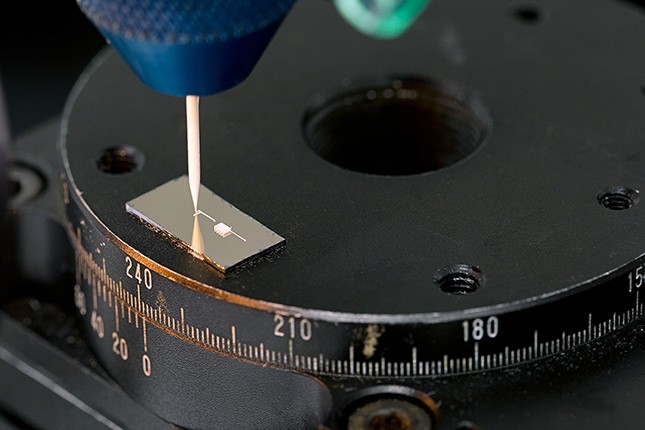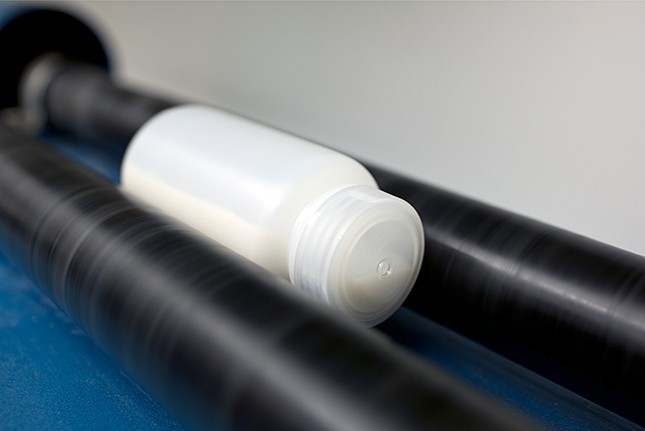
We’ve seen 3D printing technology lead to a number of breakthroughs but the latest could be the most viable and important yet. Harvard materials scientist Jennifer Lewis has been using new tools and inks to create 3D printed batteries and the technology might not be too far away from a mainstream launch.
Lewis’ technique uses functional inks that can solidify into batteries and other simple components like electrodes, wires and antennas. The ink, which consists of nanoparticles like lithium for batteries or silver for wires, is printed using a very accurate and high-pressure extruder.

The ink is printed at room temperature and is said to dry extremely quickly, making it a snap to print a basic battery from scratch in minutes. And as Technology Review explains, Lewis’ printed lithium-ion batteries are as small as one millimeter square but can perform as well as conventional batteries. That’s because she can render microscale architectures and position structures with 100-nanometer accuracy to mirror the structures of much bigger batteries.
When the technology becomes commercialized, we could see much smaller batteries with the same power and capacity as traditional batteries we use today. This could lead to even smaller tech gadgets like smartphones and tablets, among other things.
On the manufacturing side, a technique like this could really speed up the production process as tens or even hundreds of printing nozzles could be put into commission simultaneously. So long as said batteries are removable, I don’t see a reason why this couldn’t replace existing battery technology altogether.